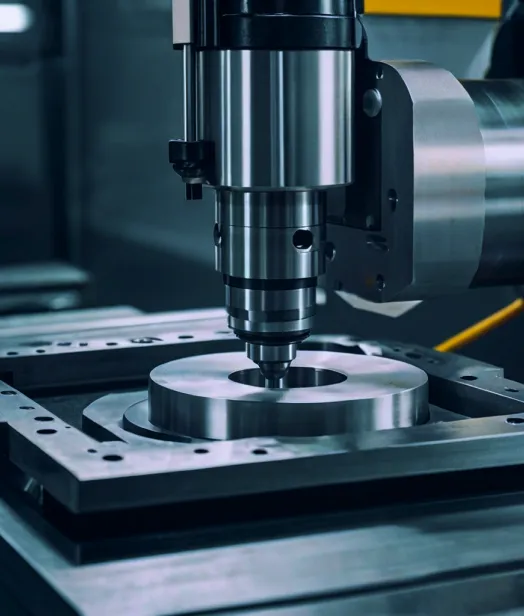
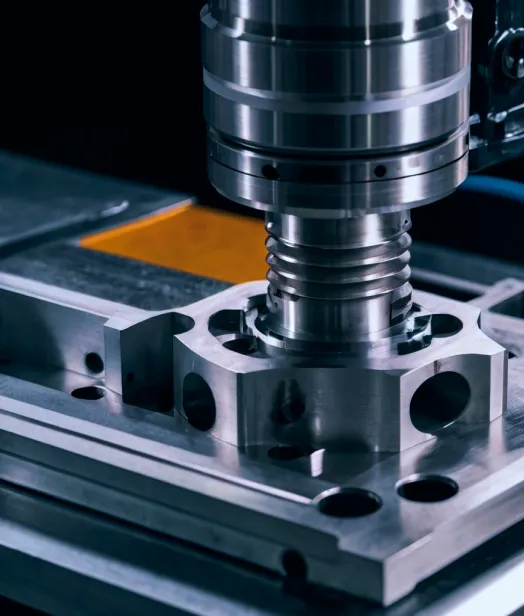
In the world of development, the journey from concept to market can be a complex and challenging process. Prototyping is a crucial step that bridges the gap between an idea and a finished product, allowing designers, engineers, and manufacturers to test and refine their concepts before full-scale production. CNC machining has revolutionised the prototyping process by offering unparalleled precision, flexibility, and speed. This page will explore the key benefits of CNC prototyping, its applications across various industries, and why our CNC services are the ideal choice for your prototyping needs.
Prototyping plays a vital role in product development by allowing companies to create physical models of their designs, test functionality, and make necessary adjustments before committing to mass production. A prototype serves as a tangible representation of a concept, providing valuable insights into how a product will look, feel, and perform in the real world.
CNC machining has become the go-to method for creating high-quality CNC prototypes due to its numerous advantages. From precise material removal to the ability to work with a wide range of materials, CNC machining offers several benefits that make it ideal for prototyping.
One of the most significant advantages of CNC machining in prototyping is its precision. CNC machines are capable of cutting materials with incredible accuracy, down to fractions of a millimetre (mm). This level of precision ensures that prototypes are exact representations of the final product, allowing for accurate testing and evaluation.
CNC machining is a cost-effective method for prototyping, particularly when compared to traditional manufacturing processes that require expensive tooling and molds. By eliminating the need for these tools, CNC machining reduces upfront costs and allows for the economical production of low-volume prototypes.
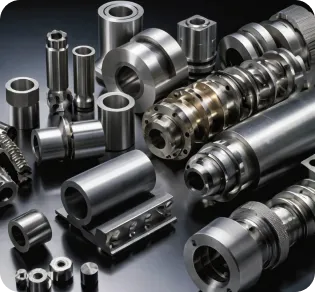
CNC machining can work with a wide variety of materials, including sheet metal, plastics, aluminium, and composites. This versatility allows designer and engineer to create prototypes using the same materials that will be used in the final product, providing a more accurate assessment of the product's performance and durability.
In today’s fast-paced market, speed is critical. CNC machining allows for rapid prototyping, enabling companies to quickly produce and test multiple iterations of a design. This speed not only accelerates the development process but also allows for quicker identification and correction of design flaws.
CNC machines are capable of producing complex geometries and intricate details that would be difficult or impossible to achieve with other manufacturing methods. This capability is especially important in prototyping, where the ability to accurately represent the final design is crucial.
CNC prototyping is used across a wide range of industries, each of which benefits from the precision, speed, and versatility that CNC machining offers. Below are some of the key industries where CNC prototyping plays a critical role in product development.
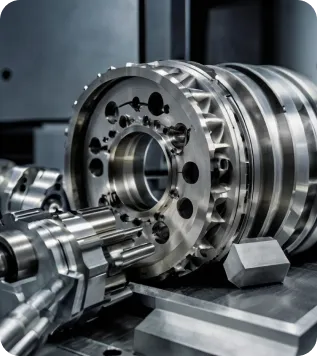
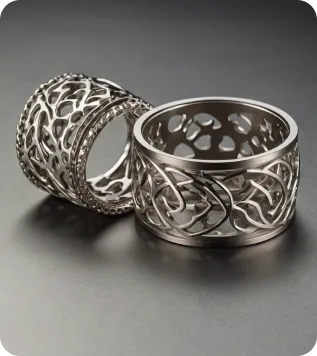
The process of CNC prototyping involves several key steps, each of which is crucial to the successful development of a prototype. Understanding these steps can help businesses make informed decisions about their prototyping needs and ensure that they achieve the desired results.
The first step in the CNC prototyping process is the creation of a detailed design and CAD (Computer-Aided Design) model. This digital model serves as the blueprint for the prototype and contains all the necessary information about the dimensions, geometry, and material properties of the part. Designers and engineers use specialised CAD software to create these models, which are then converted into CNC-compatible formats.
With the CNC machine programmed, the actual machining process begins. The machine cuts, drills, and shapes the material according to the instructions provided by the G-code. During this process, the prototype takes shape as the material is removed layer by layer. CNC machines are capable of producing highly detailed and precise prototypes, making this step crucial to the success of the project.
Once the prototype is complete, it undergoes testing and evaluation to ensure that it meets the required specifications and performs as expected. This testing can include functional testing, stress testing, and aesthetic evaluation, depending on the nature of the product. The results of these tests are used to make any necessary adjustments to the design before moving to full-scale production.
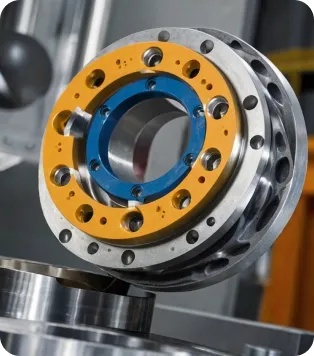
Choosing the right material for the prototype is critical to ensuring that it accurately represents the final product. CNC machining can work with a wide range of materials, including metals, plastics, and composites. The material selection is based on factors such as the intended use of the prototype, the properties required (e.g., strength, flexibility, heat resistance), and the budget.
Prototyping is often an iterative process, where multiple versions of the prototype are created and tested before reaching the final design. CNC machining allows for easy modifications to the design, enabling companies to refine their prototypes quickly and efficiently. This iterative approach helps to ensure that the final product is of the highest quality and meets all the necessary requirements.
Once the CAD model and material have been selected, the next step is to programme the CNC machine. This involves converting the CAD model into a set of instructions that the CNC machine can follow. These instructions, known as G-code, tell the machine how to move, how fast to go, and where to cut the material. CNC programming is a critical step that requires precision to ensure that the prototype is produced accurately.
After the machining process is complete, the prototype may require additional finishing steps to achieve the desired surface quality or functionality. This can include processes such as sanding, polishing, painting, or coating. Post-machining finishing is particularly important in industries where the appearance of the prototype is critical, such as in consumer electronics or jewellery design.
At our CNC machining facility, we specialise in providing high-quality prototyping services that meet the needs of a wide range of industries. Our commitment to precision, speed, and customer satisfaction sets us apart as a leading provider of CNC prototyping services.
With years of experience in CNC machining and prototyping, our team has the knowledge and expertise to handle even the most complex projects. We understand the unique challenges of each industry and work closely with our clients to ensure that every prototype meets their specific requirements.
We use the latest CNC machines and technology to produce prototypes with exceptional accuracy and detail. Our state-of-the-art equipment allows us to handle a wide range of materials and create prototypes that are true to the final design.
Every project is unique, and we offer customised prototyping solutions tailored to meet your specific needs. Whether you need a single prototype or a small batch of prototypes, we have the flexibility and capability to deliver high-quality results.
We understand the importance of speed in the prototyping process, and our efficient workflow ensures quick turnaround times without compromising quality. We work diligently to meet your deadlines and keep your project on track.
Our CNC prototyping services are competitively priced, offering you the best value for your investment. We provide cost-effective solutions that allow you to prototype your designs without breaking the bank.
Quality is our top priority, and we adhere to strict quality control standards throughout the prototyping process. From design to production, we ensure that every prototype meets the highest standards of accuracy, functionality, and durability.
At CNC Precision Engineering, CNC prototyping is a powerful tool that enables companies to bring their ideas to life with precision and speed. By leveraging the capabilities of CNC machining, businesses can create high-quality prototypes that accurately represent their designs, allowing for effective testing and evaluation. Whether you’re in the automotive, aerospace, or consumer electronics industry, our CNC prototype machining services can help you achieve your product development goals. We also provide additional services such as precision machining, prototyping machining, and CNC production to support your entire manufacturing process, including the production of CNC parts for various applications. Our expertise in robotics further enhances our capabilities, ensuring we can meet complex demands efficiently. Don't forget to read our case study to see how our innovative solutions have made a difference for our clients across various industries.
If you are looking for advanced CNC manufacturing capabilities, including CNC milling and injection molding, contact us today to learn more about our CNC machining services and how we can assist you in your prototyping journey!